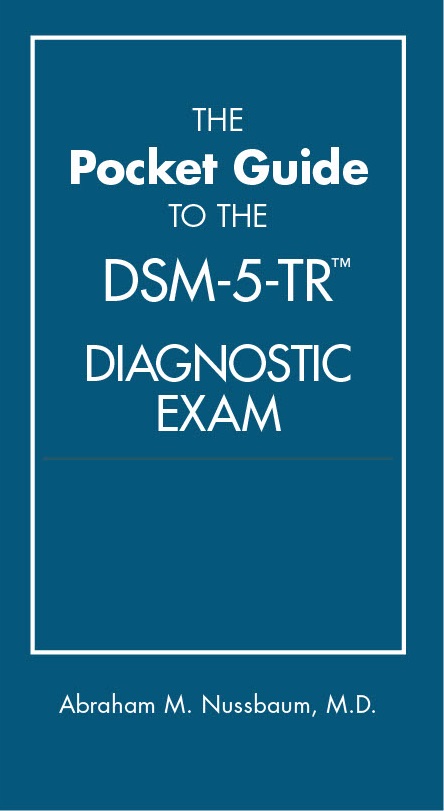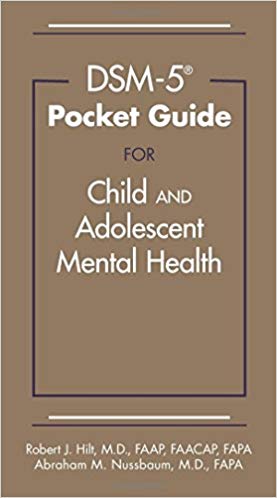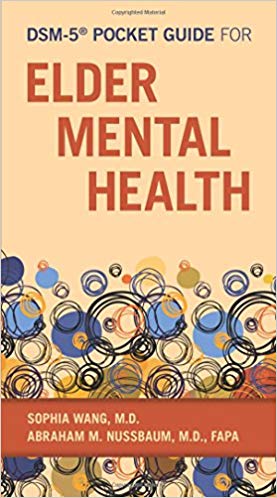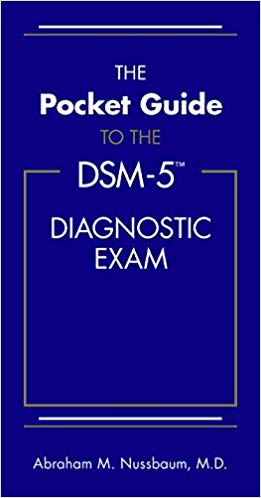Abraham Nussbaum
Physician, Teacher, Writer
DSM Pocket Guides:
Diagnostic Exam, Child and Adolescent Mental Health, Elder Mental Health
Henry Cohen once quipped that “All diagnoses are provisional formulae designed for action.” Diagnoses are provisional because they change when additional information requires a different diagnosis; formulae because the diagnoses follow rules that we can share; action because we diagnose not to label, but to drive clinical changes. The diagnoses which lead to clinical action occur within therapeutic relationships which serve patients and bolster practitioners. The bestselling Pocket Guide to the DSM-5™ Diagnostic Exam embeds psychiatric diagnoses within therapeutic alliance. This book encouraged a wider audience to approach each patient as a person. The book helps humanize psychiatric treatment by altering the way mental health practitioners see and engage with patients.
The Pocket Guide to the DSM-5™ Diagnostic Exam was an Amazon Top 100 seller and translated into more than a dozen languages.
Building upon this work to create person-centered treatment guides, The DSM-5™ Pocket Guide to Child and Adolescent Mental Health, was co-authored with the pediatrician and child psychiatrist Robert J. Hilt. The second guide, The DSM-5™ Pocket Guide to Elder Mental Health, was co-authored with the geriatric psychiatrist Sophia Wang. Both guides have been translated widely.
Building on all that we learned since the first edition, and completely revised to accord with DSM-5-TR, The Pocket Guide to the DSM-5-TR™ Diagnostic Exam is the most person-centered, evidence-based guide to the psychiatric interview, and a second edition of our child and adolescent is thoroughly updated to accompany practitioners as they care for young persons experiencing mental distress.
For medical students learning to care for people with mental illness, we built the Hippocampus Game.



